Counseling Grief Clients Certification Training – Joy R. Samuels
Description:
Clinicians often struggle to develop an effective approach to counseling grief clients due to the uniqueness of each individual’s grief. The last 10-15 years have seen an explosion of new research in the field and many new studies have turned what we thought we knew on its head.
Explore this new research about appropriate diagnosis of grief clients, ideas for how to assess grief severity and related constructs, and clarification about what is meant by “complicated grief.” Review the most commonly used current models for understanding grief and leave with tools, including 20 interventions, to more confidently assist clients in navigating the adaptive, yet confusing and difficult, grief process. The seminar will end with a focus on self-care, discussing how to appropriately manage and care for ourselves in this demanding, yet fulfilling, work.
Best of all, upon completion of this seminar, you’ll be eligible to become a Certified Grief Informed Professional (CGP) through Evergreen Certifications.
Outline:THE JOURNEY OF GRIEF
Models for understanding grief
Older, familiar models
Current theories and approaches
Grief expressions
Emotional and cognitive
Physical manifestations
Behavioral
Social behaviors and societal reactions
Predictors and mediators of the experience
Background: grief is highly individual
Personality and other vulnerability factors
Who died; quality of relationship
Social, contextual and cultural influences
Mode of death
Other influences
Non-death losses
ASSESSMENT AND DIAGNOSIS OF GRIEF-RELATED SYMPTOMS
Differential diagnosis between depression, grief and PTSD
Persistent complex bereavement disorder
Use of adjustment disorder diagnosis with grief clients
Measurement/assessment of grief symptoms
WHEN GRIEF BECOMES COMPLICATED
Common trajectories for grief
What is “complicated” grief and how do you recognize it?
Treatment interventions for complicated grief
TREATMENT STRATEGIES AND FUNCTIONAL INTERVENTIONS
Grief counseling
How is it different from other types of counseling?
Who often benefits (and who may not)?
Components of a general approach
The 3 Rogerian conditions
Power of presence
Being a companion/therapist for your grief clients
Cross-cultural and other diversity considerations
Dealing with emotional intensity
Grief vs. trauma
When clients’ grief is disenfranchised
Working with couples or families who have experienced the “same” loss
Preparing for grief “spikes”
Post-traumatic growth
BEING A GRIEF COUNSELOR
The risks and joys of this work
Self-awareness
Self-care
Training opportunities in this field
LIMITATIONS OF THE RESEARCH AND POTENTIAL RISKS
Disparity in results across studies for grief
Risk factors for complicated grief
NLP online course
So what is NLP?
Firstly, NLP stands for Neuro-Linguistic Programming. Secondly neuro refers to your neurology;
Thirdly linguistic refers to language however, programming refers to how that neural language functions.
As a result,In other words, learning NLP is like learning the language of your own mind!
Moreover, NLP is the study of excellent communication–both with yourself, and with others.
It was developed by modeling excellent communicators and therapists who got results with their clients.
NLP is a set of tools and techniques, but it is so much more than that.
In conclusion, It is an attitude and a methodology of knowing how to achieve your goals and get results.



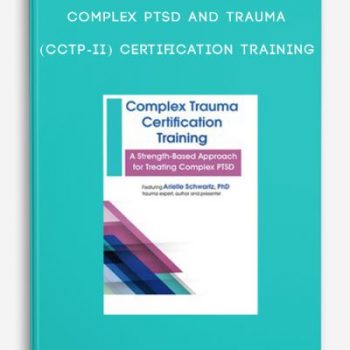
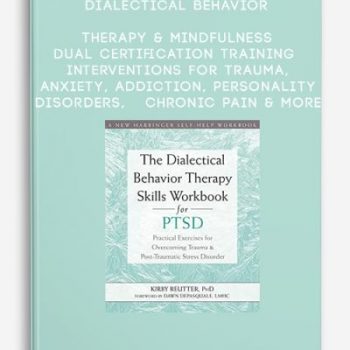
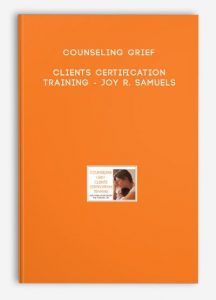
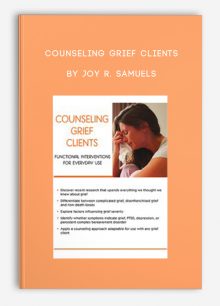


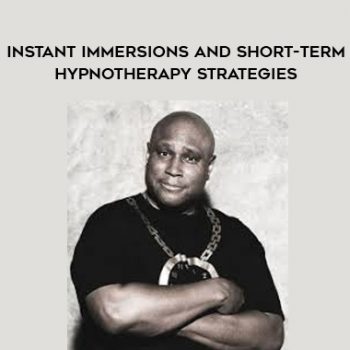




tristian –
This is Digital Download service, the course is available at Vincourse.com and Email download delivery.